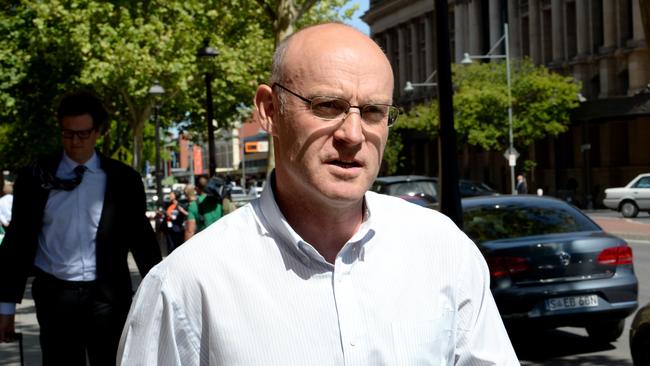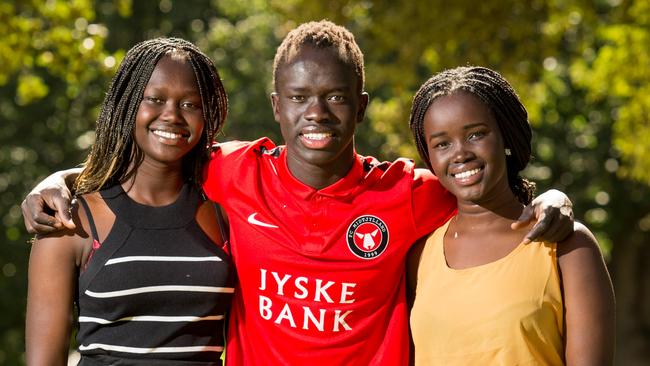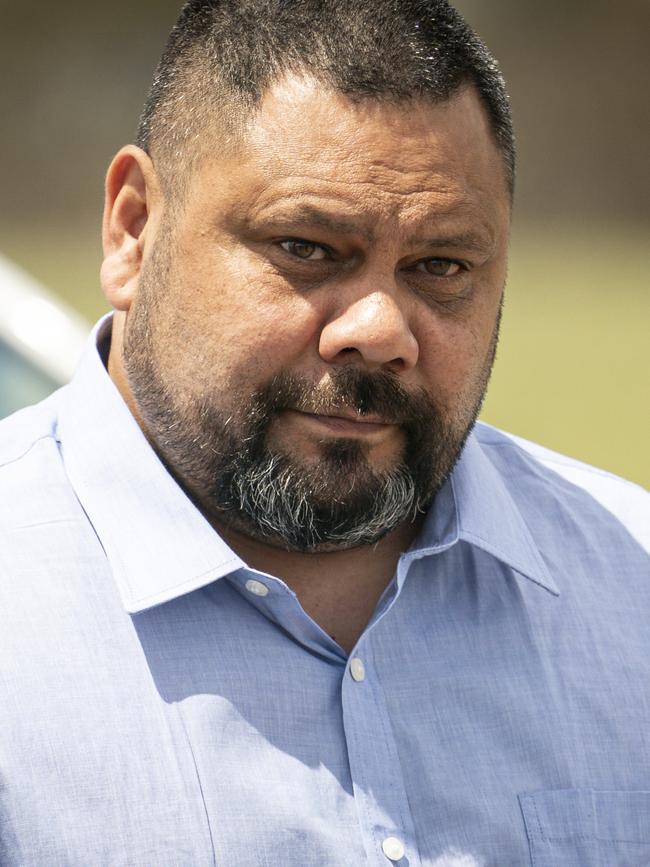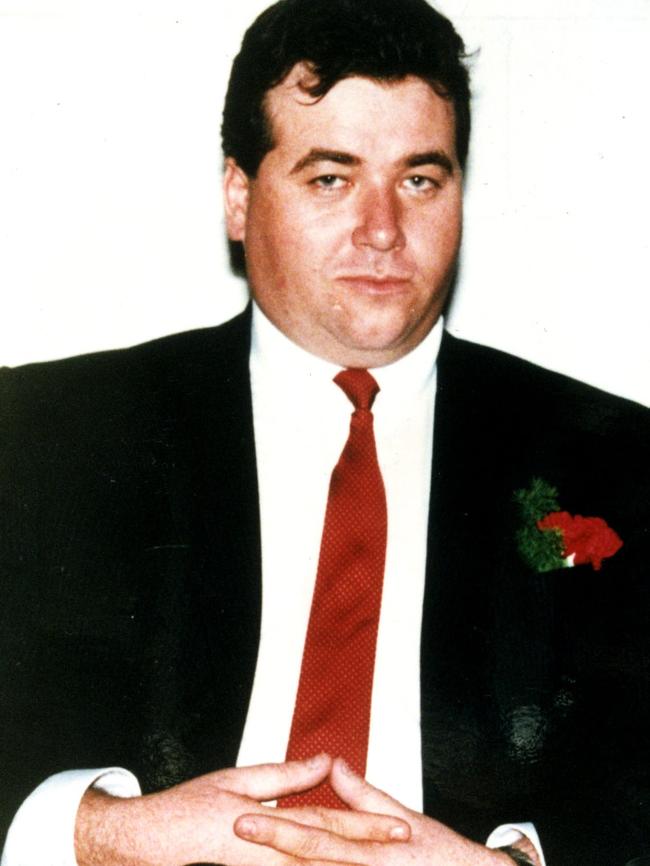Director of Public Prosecutions Martin Hinton calls for shotgun killer and drugged, killer driver to be immediately resentenced
One used a shotgun, the other a car, to take a life – but each killer’s short sentence shocked the public. Now the state’s top prosecutor says those penalties must be overturned.

Police & Courts
Don't miss out on the headlines from Police & Courts. Followed categories will be added to My News.
- Drugged, drunk, unlicensed killer driver could be free by mid-2021
- Killer who went on the run for 20 years could be free in four
- How to get the most out of your Advertiser digital subscription
The state’s top prosecutor has challenged the prison terms given to two infamous killers – one armed with a shotgun, the other a car – saying they are errors that must be corrected.
Director of Public Prosecutions Martin Hinton QC has personally filed appeals against the sentences of Paul Beveridge Maroroa and Akol Agiu Akol.
Maroroa could be out of prison by March 2024, despite having spent 20 years on the run avoiding arrest for having shot and killed Robert Sabeckis.
Akol, meanwhile, can seek parole as early as August next year even though he was drunk, drugged and unlicensed when he killed Bor Mabil in a car crash.
Prosecution appeals are rare in SA’s courts and, under the DPP’s own rules, must only be attempted if there is “confidence they will be successful”.
“(Our) right to appeal should be exercised sparingly … mere disagreement with the sentence passed is insufficient,” its guidelines state.

Mr Hinton, who has also served as Deputy DPP and Solicitor-General during his legal career, succeeded Adam Kimber SC as the state’s top prosecutor in July last year.
In February, Akol received a minimum 2 ½-year term for causing the death of Bor Mabil by dangerous driving in January 2019.
Though the offence carries a maximum life sentence, District Court Judge Paul Slattery said the term, which he also backdated, was warranted by the case’s own unique circumstances.
In his papers, Mr Hinton disagrees.
“The sentence is manifestly inadequate … an appeal should be allowed and the sentence be set aside (and Akol) be resentenced,” he writes.
Also in February, Maroroa received a six-year minimum term for the manslaughter of Mr Sabeckis – whom he shot and left to die in a car park in January 2000.


Supreme Court Justice Sam Doyle said that, because a jury acquitted Maroroa of murder, he would sentence on the basis he had acted in excessive self-defence.
That, he said, meant “whatever” Mr Sabeckis did to prompt Maroroa to shoot him three times “substantially mitigated” the crime.
He also took into account the fact that, during his decades as a fugitive, Maroroa committed no further offending – demonstrating his capacity for rehabilitation.
In response, Mr Hinton – himself a former Supreme Court judge – asks the Court of Criminal Appeal to set that penalty aside.
“The sentence is manifestly inadequate,” he writes.
“The sentencing judge erred in finding that there existed special reasons warranting a non-parole period less than four-fifths of the length of the sentence imposed.
“The sentence should be set aside and (Maroroa) be resentenced according to law.”
The Court of Criminal Appeal will hear the Maroroa case in June, but no date has yet been set for the Akol case.

